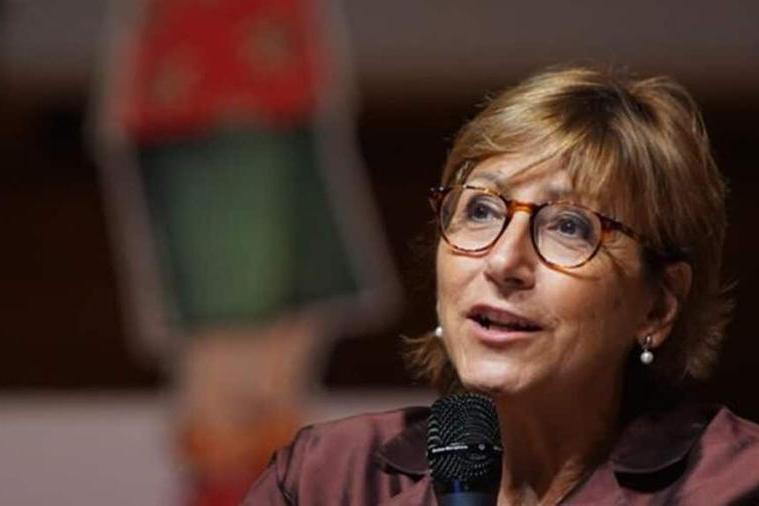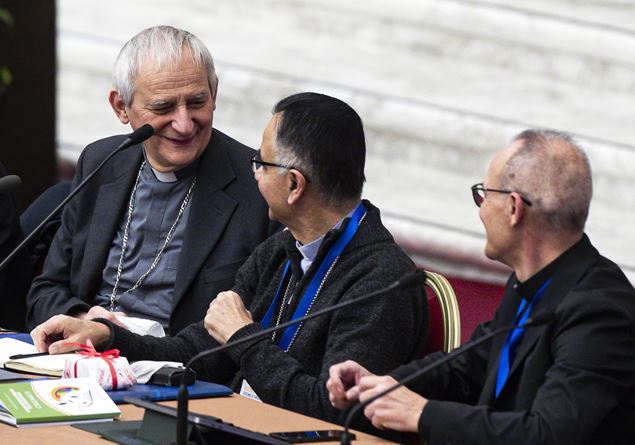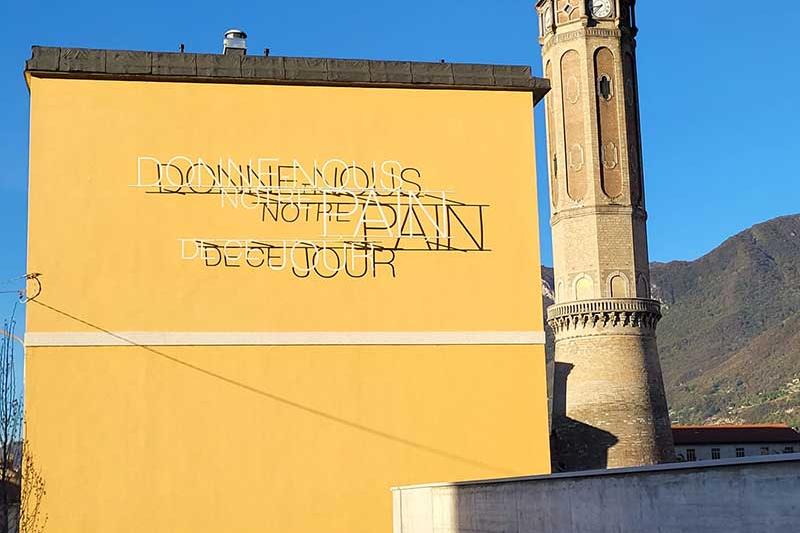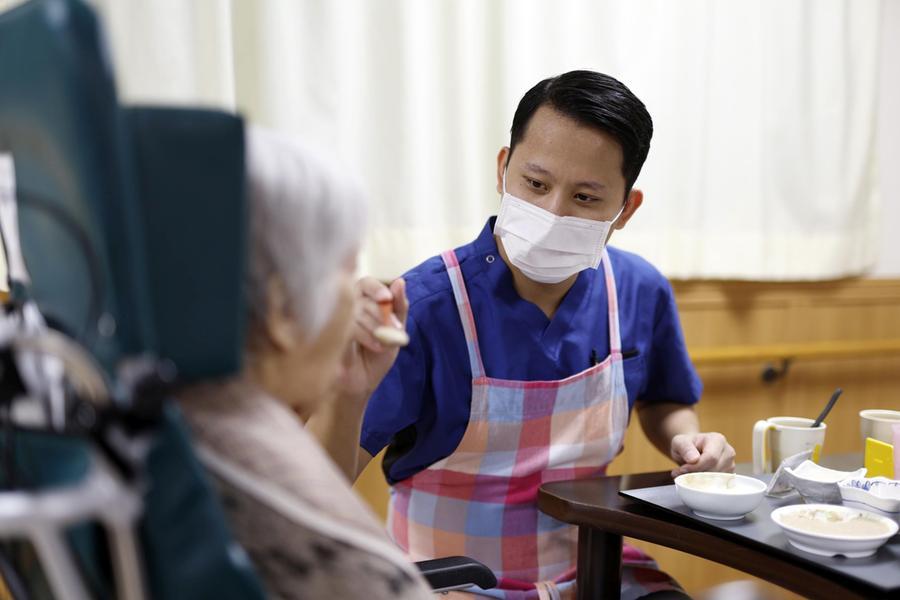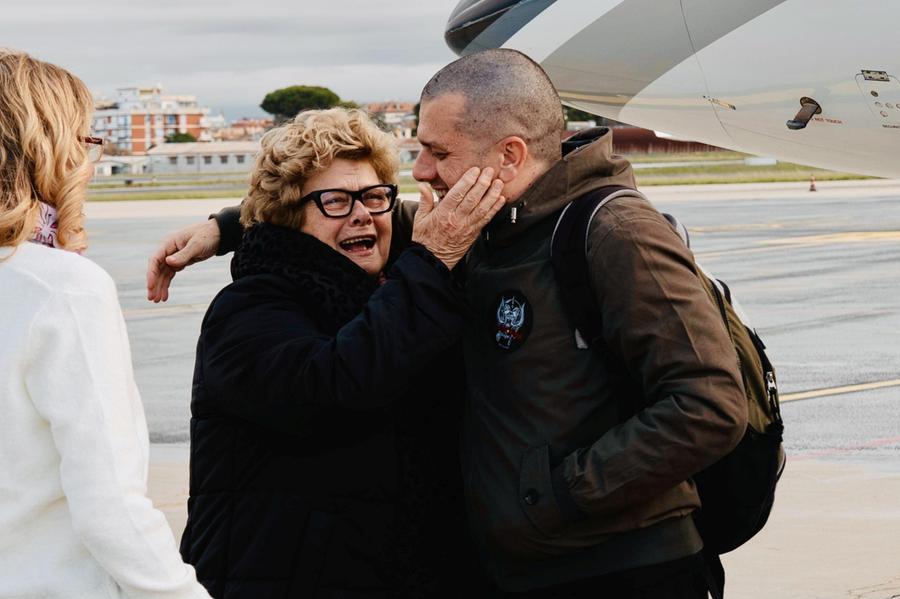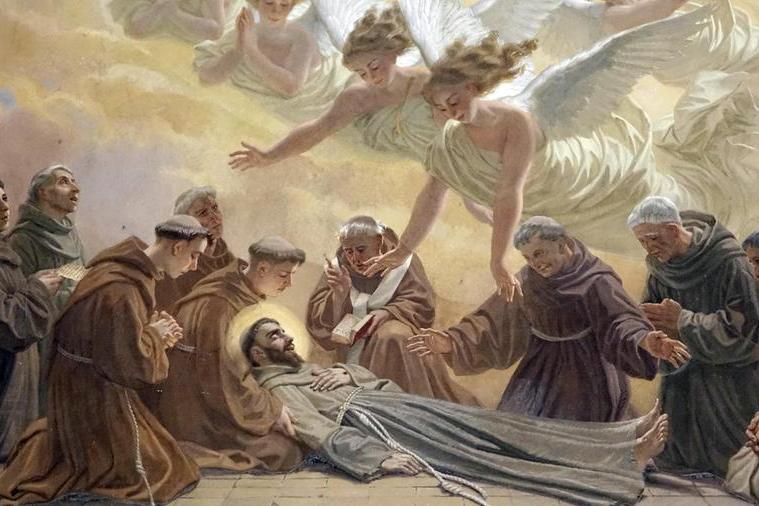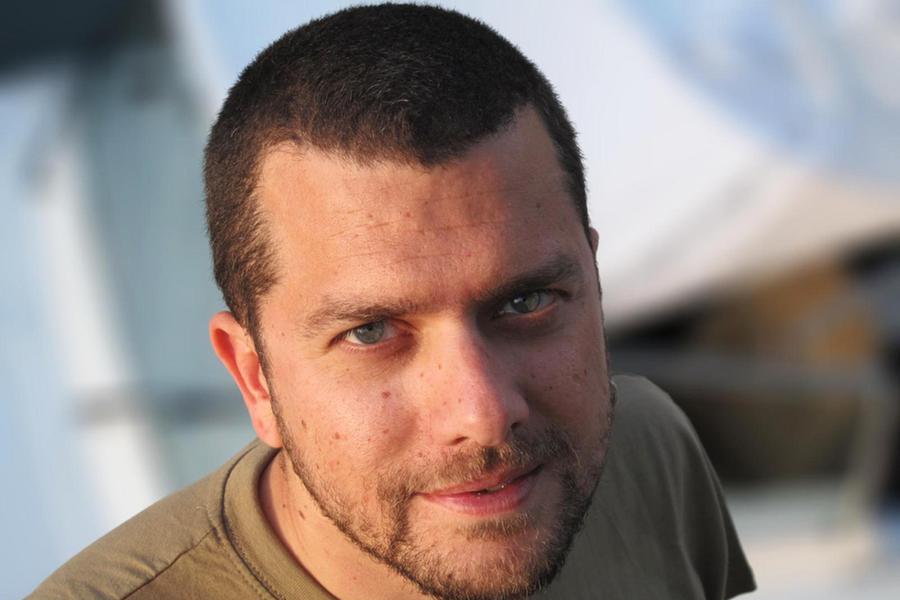Italian parishes open up to welcome and to the accompaniment of homosexual and transgender people and people in “irregular” emotional situations (divorced and remarried, cohabitants, people in a civil union…). This is one of the points on which he got stuck the synodal assembly of the Italian Church which was held last spring and for this reason everything had been postponed until October. Now we’re here.
The Summary document (available online on the CEI website, composed of three parts, “The synodal and missionary renewal of ecclesial mentality and practices”, “The synodal and missionary formation of the baptized” and “Co-responsibility in the mission and leadership of the community” with 75 total proposals) is voted Saturday 25 October in the Vatican by the delegates of the third Synodal Assembly, the final stage of the journey that began in 2021, in the midst of the pandemic. Each delegate must express their vote, electronically and by secret ballot, choosing between “favorable” (placet) or “not favorable” (non placet), on the proposals. And one of these, which has sparked a wide debate between progressives and conservatives, says that “that the local Churches, overcoming the discriminatory attitude sometimes widespread in ecclesial environments and in society, commit themselves to promoting the recognition and accompaniment of homo-affective and transgender people, as well as their parents, who already belong to the Christian community”. While another proposal linked to this one urges the “local churches and regional episcopal conferences” to promote “paths of accompaniment, discernment and integration in the ordinary pastoral care of those who wish to undertake journeys of greater ecclesial integration, but they are on the margins of ecclesial and sacramental life due to stable emotional and family situations other than the sacrament of marriage (second unions, de facto cohabitations, marriages and civil unions, etc.)”.
The Document touches on numerous aspects that have been the subject of debate, some of which have been very heated, in recent years: the role of women in the Church to be strengthened decisively. Lay people to work alongside parish priests (less and less) for the guidance of parishes through the establishment of «ministerial groups or teams (deacons, lay men and women, spouses, consecrated men and women) or “community animators”». The study of a reform of the seminaries of which it is necessary to verify “the training effectiveness of the current form and structure”.
But also the afterthought «of the spiritual assistance service to the Police Forces and the Armed Forces» and the invitation to the dioceses to support «initiatives for the disinvestment from credit institutions involved in the production and trade of weapons and for the ban on the possession and use of nuclear arsenals and for conscientious objection». The admission that so far there have been in the fight against clergy abuse and the scourge of pedophilia «critical issues, resistance and sedimented dynamics which have sometimes thwarted the correct attention and protection towards minors and vulnerable people».
Evaluate the possibility of selling or appropriately valorising assets and properties owned by the dioceses that are not used. Radically rethink the catechism paths of the sacraments of Christian initiation for children and young people. The “rejuvenation” of language and liturgy to make it more “understandable in light of current usage and culture”.
The objective is to overcome the logic of “inside/outside” and have a Church that mixes with the “paste” of the world, without separations and without throwing anathemas.
«Finally the concrete life of people has burst into the final reflections», comments one of the delegates of the Synodal Assembly called to vote on the final Document, «many urgencies, felt as such by the communities of believers who have been involved in the debate of recent years, have been accepted in the final text. There is a clear step forward made by the Italian Church regarding the accompaniment, welcome and inclusion of people of different sexual orientations. It is the first time”, he underlines, “that we explicitly talk about transgender and underline the need to accompany from a pastoral point of view men and women with wounded emotional paths such as separated, divorced and remarried”.
For another delegate, another important point is the attention to the debate, crucial in these times, on peace and disarmament: «The Document makes very clear the ethical problems entailed by the ongoing arms race and for this reason proposes the establishment of a national table involving the parties involved: government, trade unions, Confindustria, the result of a collective debate, without maximalism, but conducted with evangelical clarity. To remain on the topic of war, peace and non-violence, a rethinking of the spiritual assistance of soldiers is called for, questioning the relevance of the Military Ordinariate: is it right to still have a bishop and priests with uniforms and stars? And finally, it is no coincidence that we explicitly talk about “armed banks”, urging disengagement from certain credit institutions. In short, the Italian Church has demonstrated that it has many things to say and that it wants to say them».
The synodal path began in 2021 at the instigation of Pope Francis. It developed in three phases: the narrative one (2021-2023), the wisdom one (2024) and the prophetic one (2025). Over 200 local churches were involved, 400 diocesan representatives, 500 thousand people organized in 50 thousand listening groups.
«The Document», underlines Monsignor Erio Castellucci, president of the National Committee of the Synodal Path, «is imbued with experiences of peace and hope. Despite many hardships, it reports the reality of over two hundred local churches, with all their branches, committed to living and transmitting hope and peace: often without being noticed, without “making the news”, but always with tenacity and evangelical care. Our Christian communities are not in disarray: although tried by many tiring situations and sometimes tempted by discouragement, they live as a “little leaven” of brotherhood, especially attentive to the people left or left on the margins.”
After the vote of the third Synodal Assembly, the presidency of the CEI will appoint a group of bishops who, assisted by the statutory bodies, will elaborate, on the basis of the Document, priorities, resolutions and notes that will be at the center of the work of the General Assembly next November.
Subsequently, in light of the summary document and the reflections of the general assembly, this same group of bishops, supported by experts, will prepare the pastoral perspectives that will accompany the Churches in Italy in the coming years.
